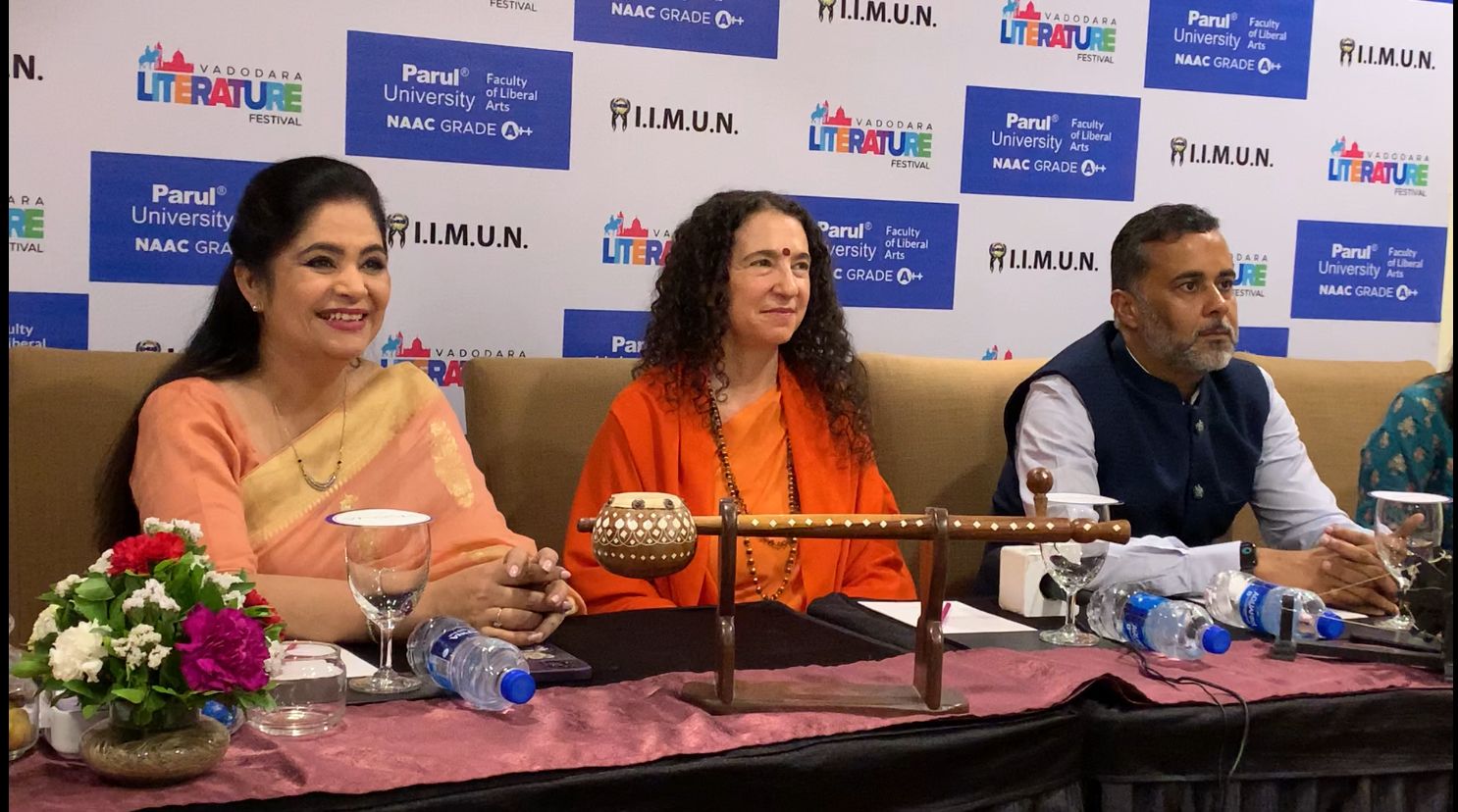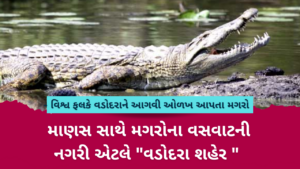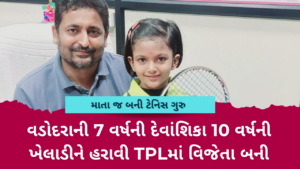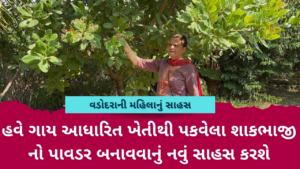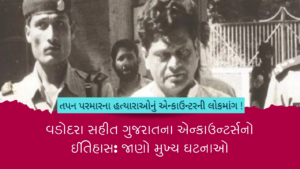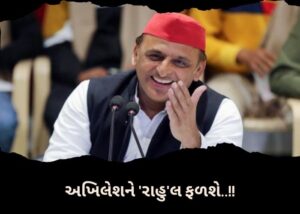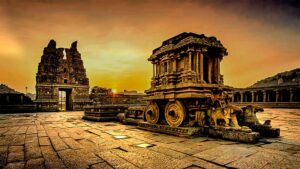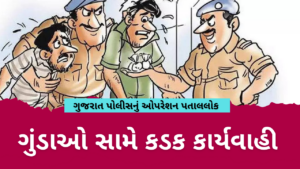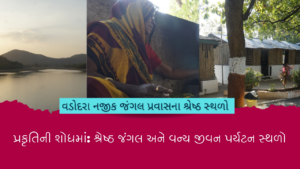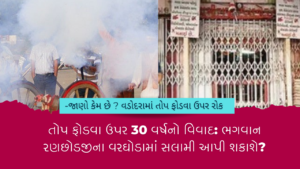It was a rare combination to host a Masterchef, a Sadhvi and an Author together. But, guess what brings all three of them together? Literature. Vadodara is hosting one of a kind literature festival at Parul University in communion with India’s International Movement to United Nations (IIMUN) dated today and tomorrow which was earlier inaugurated by Shabana Azmi. People are experiencing the literary extravaganza from the master speakers of different genres ranging from military and politics to food and culture.
We are living in the world of Artificial Intelligence which might take us away from our traditional forms of being satisfied from the existing literature. How can we still be humans in this mechanised world? “The AI in no way can capture the human emotions,” says Chetan Bhagat, a renowned author and a columnist. People have started using ChatGPT for ‘generating’ content, “that is bad literature,” opines Bhagat. In the world where screen space has taken over the pages, “people still appreciate a person as well read, not well Instagrammed,” comments Bhagat wittily. Capitalism in a way is good, but too much is bad. “Money leads to excessive exposure which in turn becomes dangerous,” says Bhagat. Any kind of addiction is bad, “people are even addicted to the de-addiction content,” concludes Bhagat.
Hailing from the city of Nawabs and Kebabs, Masterchef Pankaj Bhadouria confessed that she owes her culinary skills to Lucknow. “I was born in Delhi which had a strong palette and then I shifted to a place which concentrated on refinement,” confirms Bhadouria. She talks about the minute thing like, one would get to chew the whole cardamom in the Biryani elsewhere, but one only enjoys the trail of flavours with refinement in the same dish in Lucknow. Same sort of dishes are celebrated across India, though with a different taste. “Dal- chaawal is eaten as much in Kashmir as in Kaniyakumari. Food unites people irrespective of the region that they belong to,” says Bhadouria. Any Indian living abroad would definitely seek for the desi Indian food after enjoying the world cuisine for a week. In fact the core ingredients that we use in the Indian cooking were also global at one point of time. “Potatoes and tomatoes were brought in India by the Portuguese in the early seventeenth and sixteenth century respectively,” informs Bhadouria. Likewise the Indian spices were exported abroad, so food has always connected people.
While there is something that connects people, there is always something which we think would bring differences. Is religion one such aspect which fails to bring people together? American- born Sadhvi Bhagwati Saraswati who shifted to India in 1996 and is now serving at the United Nations Advisory Council on Religion says, “There is corruption of religion. Power and money are hegemonic.” While the religion always leads us to a peaceful path, it is now becoming a medium of conflict. Everyone is using religion to fulfil their personal agendas. “It is Dharma, not dogma; it should connect, not disconnect,” confirms Sadhvi who is of the opinion that religion and spirituality goes hand in hand. Religion today is equally important as it was a century ago, just with a twist of its modern day purpose where the “aastha and vyavastha” must go together.
“Making books important through media is the way out,” opines Sadhvi and the entire panel confirmed.

